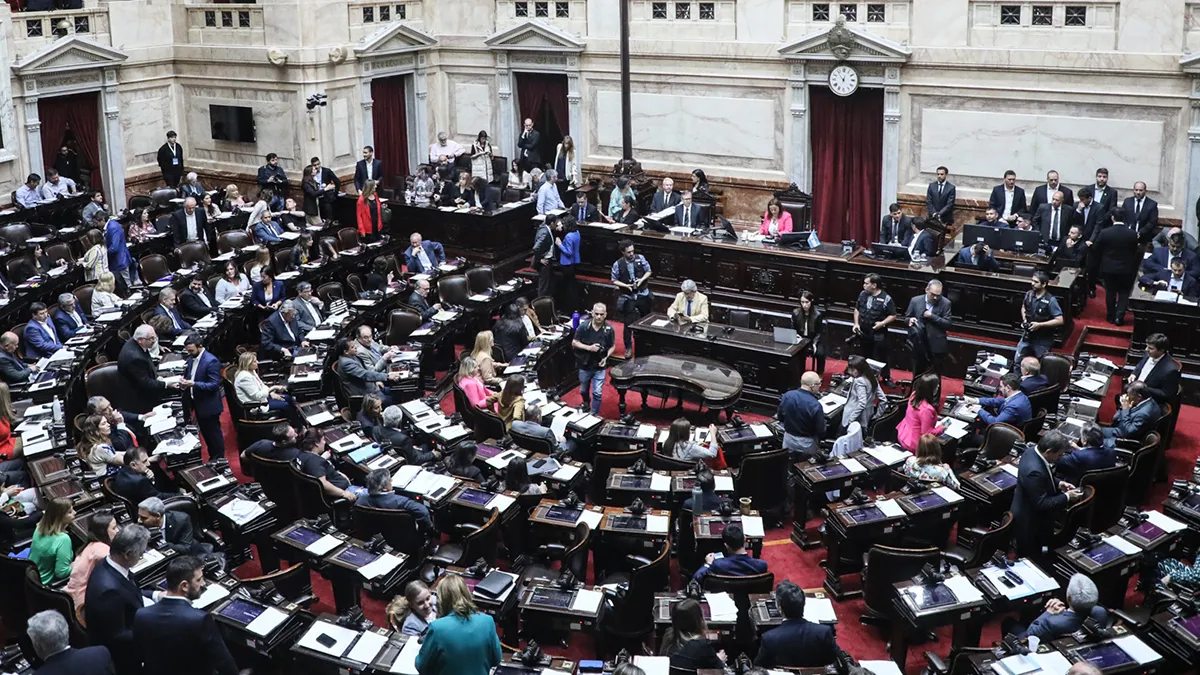
The labor reform project presented by the block of deputies from La Libertad Avanza proposes a series of modifications to the Labor Contract Law (LCT) that would affect fundamental labor rights, while simultaneously granting greater benefits to employers. One of the main modifications proposed by this reform is the elimination of the possibility for workers to request the reinstatement of working conditions altered by the employer, which changes the guarantee of the unwaivable nature of labor rights.
Among the proposed changes is the flexibilization of the granting of vacations, extending the period for enjoying them and allowing their fragmentation, which adapts these provisions to the needs of employers. It also establishes the obligation to present medical certificates to justify work absences and limits late payment interest on labor credits to an annual rate of 3% on the capital adjusted by the Consumer Price Index.
Additionally, it is proposed to enable employers to notify disciplinary sanctions by any reliable means, including digital means with electronic signatures, which expands the tools available to employers regarding disciplinary matters. Although it is argued that the project seeks to update formal and operational aspects of the LCT, it is also pointed out that it involves cuts in the legal protections of workers, marking a trend towards labor flexibilization.
These modifications have already generated controversy among unions and labor law experts due to the impact they could have on the working conditions of employees. Some believe that these proposals primarily benefit employers, while others warn of possible violations of labor rights. The reform also seeks to expand the concept of non-remunerative social benefits, including bonuses or vouchers for lunches, reimbursements for hiring personnel to care for children under 6 years old, and services such as mobile telephony, internet, and club or gym fees for the worker and their family.
In summary, the labor reform project proposes significant changes to existing labor regulations, affecting various aspects of the rights and obligations of workers and employers. While it seeks to modernize certain processes and adapt legislation to new labor realities, its impact on the protection of workers has generated intense debate in society and among the sectors involved in the labor field.














